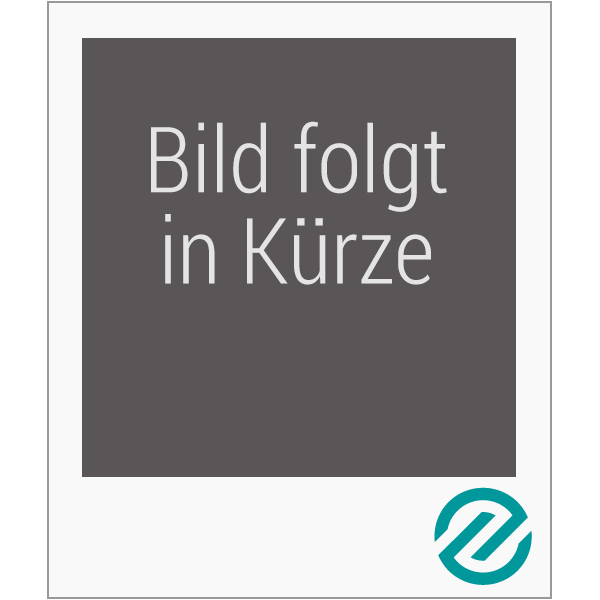Nicht lieferbar

Historical Roots of Linguistic Theories
Versandkostenfrei!
Nicht lieferbar
Main description:Most of the papers collected in this volume concentrate on the history of linguistic ideas in France and Italy in the modern period (from the Renaissance to the present day). Some of them are specifically focused on the links between the two traditions of reflection on language.The contributions have a common methodological outlook: the authors do not believe that the history of linguistic ideas is a separate activity from research on language or that it is marginal with respect to the latter. On the contrary, they are convinced that in contemporary research into language we c...
Main description:
Most of the papers collected in this volume concentrate on the history of linguistic ideas in France and Italy in the modern period (from the Renaissance to the present day). Some of them are specifically focused on the links between the two traditions of reflection on language.
The contributions have a common methodological outlook: the authors do not believe that the history of linguistic ideas is a separate activity from research on language or that it is marginal with respect to the latter. On the contrary, they are convinced that in contemporary research into language we can still discern the influence 2; positive or negative as this may be 2; of factors deriving from the (sometimes distant) past. A historical analysis of these factors 2; whether it rejects them as superseded, or redefines them in order to elicit the fruitful suggestions they may still contain 2; has a contribution to make to the progress of theory.
Table of contents:
- Foreword
- Linguistic Historiography between Linguistics and Philosophy of Language
- On the Origins of Historical Linguistics
- The Legacy of Classical Rhetorics
- Mechanical Models and the Language Sciences in the 18th Century
- The Beginnings of Psycholinguistics
- The Theory of Interjections in Vico and Rousseau
- The French Sources of Leopardi's Linguistics
- Intellectual History, History of Ideas, History of Linguistic Ideas
- The 6;Imperfect' Language
- Old Debates and Current Problems
- The Question of the Significatum
- The Embarassment of Communication from Mandeville to Grice
- The Semiological Sources of Semantics
- The Language-User in Saussure (and after)
- The Analysis of French between the two World Wars (1914-1940)
- Forms of Imperfect Augustinianism
- The Convention of Geneva
- Index of Authors
- Index of Subjects and Terms
Most of the papers collected in this volume concentrate on the history of linguistic ideas in France and Italy in the modern period (from the Renaissance to the present day). Some of them are specifically focused on the links between the two traditions of reflection on language.
The contributions have a common methodological outlook: the authors do not believe that the history of linguistic ideas is a separate activity from research on language or that it is marginal with respect to the latter. On the contrary, they are convinced that in contemporary research into language we can still discern the influence 2; positive or negative as this may be 2; of factors deriving from the (sometimes distant) past. A historical analysis of these factors 2; whether it rejects them as superseded, or redefines them in order to elicit the fruitful suggestions they may still contain 2; has a contribution to make to the progress of theory.
Table of contents:
- Foreword
- Linguistic Historiography between Linguistics and Philosophy of Language
- On the Origins of Historical Linguistics
- The Legacy of Classical Rhetorics
- Mechanical Models and the Language Sciences in the 18th Century
- The Beginnings of Psycholinguistics
- The Theory of Interjections in Vico and Rousseau
- The French Sources of Leopardi's Linguistics
- Intellectual History, History of Ideas, History of Linguistic Ideas
- The 6;Imperfect' Language
- Old Debates and Current Problems
- The Question of the Significatum
- The Embarassment of Communication from Mandeville to Grice
- The Semiological Sources of Semantics
- The Language-User in Saussure (and after)
- The Analysis of French between the two World Wars (1914-1940)
- Forms of Imperfect Augustinianism
- The Convention of Geneva
- Index of Authors
- Index of Subjects and Terms




